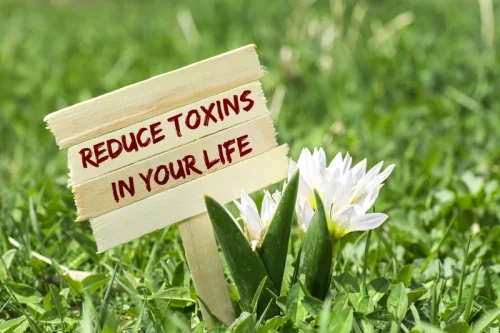
Alcohol consumption before surgery can lead to severe complications during surgery and recovery. In some cases, alcohol use blood thinners and alcohol before surgery can be life threatening. Talk to your doctor if you’re on blood thinners and thinking about having a baby.

Most popular in Drugs
Clotting factors are also released from platelets that help form a mesh to form the plug to close the wound. Check with your doctor before eating these foods if you’re taking a blood-thinning medication because they could thin your blood too much and increase your risk of bleeding. The presence of blood thinners in your system can increase your chance of internal bleeding after an injury. Go to the hospital immediately if you experience any of these side effects after falling or bumping your head — even if you don’t have external bleeding.

Can you drink coffee while taking Xarelto?
- Blood clots are semi-solid clumps of red blood cells, platelets, fibrin (a type of protein), and other proteins.
- A more neutral effect was found with stroke deaths and non-fatal strokes.
- They’ll also help you learn how to minimize the risks of taking a blood thinner so you can reap the rewards without worry.
- Despite their name, blood thinners (also called anticoagulants) don’t actually thin your blood.
- Drinking alcohol before surgery can cause complications such as increased bleeding, interference with anesthesia, and delayed recovery.
- The Recovery Village Ridgefield is a premier addiction treatment center in Ridgefield, Washington, that offers detox, inpatient and outpatient programs for alcohol use disorders.
Additionally, the authors discussed older studies that suggested binge drinking can cause temporary increases in blood pressure. They also highlighted that long-term heavy drinking and binge drinking may increase someone’s risk of various cardiovascular conditions. However, people should not consume alcohol instead of taking medications as a healthcare professional has prescribed. Additionally, a person should discuss whether they are able to consume alcohol while taking blood thinners, as alcohol may interact with some medications and lead to side effects.
Newer oral anticoagulants
This important information will help them determine how to promote a positive outcome for you. Well, any amount of alcohol before surgery can be dangerous, and it’s just not worth taking the risk. No matter what type of surgery you’re having, there’s some measure of risk.

These include accidental awareness, which is when a person wakes during surgery, and anaphylaxis, a severe allergic reaction. You may have a higher chance of getting clots in the veins in your legs after a hip or knee replacement. This is called deep vein thrombosis, which can cause a pulmonary embolism, which is when a blood clot breaks off your blood vessel and travels to your lungs, where it gets stuck. But anticoagulants can help prevent deep vein thrombosis after surgery. For example, they’ll cause you to bleed more than usual if you cut yourself. The lifesaving benefits of these drugs often outweigh the potential dangers.

Surgical complications are more likely if you have an alcohol use disorder. But even one incidence of binge drinking or a single presurgery drink can cause trouble. If you take a blood thinner, be sure to follow your health care provider’s advice on dosing.
Red vs. White Clots
- Consequently, it can lead to an imbalance in the clotting process, increasing the risk of bleeding disorders.
- Also, blood thinners might not be able to lessen the strong blood-clotting tendency of an underlying disease, such as cancer.
- Alcohol is itself a blood thinner, and it also increases the time your blood thinner medication stays in your system.
Alcohol may affect various mechanisms implicated in ischemic preconditioning. Among these is the activation of mitogen-activated protein kinases (MAPK) signaling cascades. MAPKs are activated in response to stressful stimuli and help regulate apoptosis.
Why is it a risk?
Having surgery, for instance, may require a person to take anticoagulants beforehand or for months afterward. They are a group of drugs that stop certain blood cells (called platelets) from clumping together and forming a blood clot to help stop bleeding. As many as three million people take blood thinners each year, but some may not be aware of how these medications interact with substances like alcohol. On their own, blood thinners can create a number of health risks and increase the chances of serious bleeding.
- However, modulatory influences related to drinking patterns, genetic susceptibility, nutritional factors, ethnicity, and gender also many play a role (Piano and Phillips 2014) (figure 4).
- One immediate effect of alcohol on blood is its ability to dilate blood vessels.
- For men under age 65, up to two drinks a day is considered moderate.
- They do not thin the blood but instead block certain clotting proteins.

